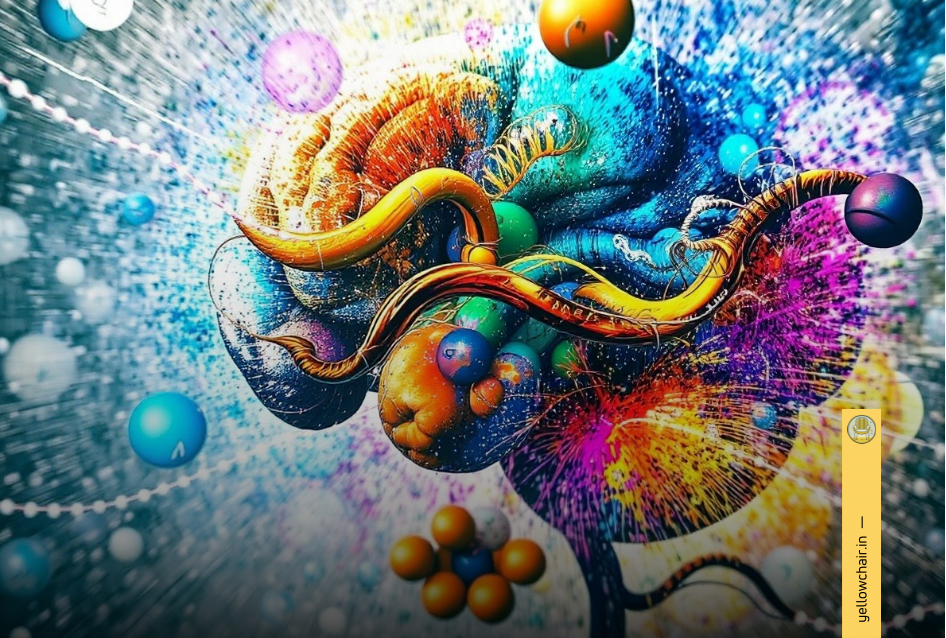search
by category
search by category
by author
search by author
Labeled Panic
Most panic isn’t panic — it’s a cigarette tricking your body into fear. Nicotine mimics anxiety, and your brain labels it as doom. Then, to feel better, you smoke again. It’s not a coping mechanism — it’s a closed loop of chaos disguised as calm.
Sip to Spiral
One sip isn’t harmless — it’s a neural ambush. Alcohol disables the brain’s decision-making systems and unleashes old cravings like a biochemical mutiny. You don’t relapse by choice — your brain does it for you. Total abstinence isn’t about weakness — it’s about protecting the only shield you’ve got.
The Last Lie
“Let’s die drinking” sounds like rebellion — but it’s surrender dressed in sarcasm. The addicted brain rewrites every close call as coincidence, not consequence. Recovery only begins when you stop romanticizing your own funeral. You don’t need another near-death — you need a second act.
Whispers and War
Addiction never screams — it seduces. Cigarettes don’t offer relief — they mask anxiety with poison. The fall doesn’t begin with a relapse, but with a single rule you convince yourself to break. Protect your rules — they’re not control. They’re the last line between you and collapse.
High vs. Happy
What we call happiness during a high is just a chemical con. Substances flood the brain’s reward system, numbing your ability to feel anything real. Over time, you’re not chasing euphoria — you’re escaping emptiness. True happiness isn’t a flood — it’s a flicker built slowly, honestly, and without cost.
Borrowed Armor
Early sobriety isn’t heroism — it’s survival in borrowed armor. The Lifeline Theory reveals the hidden mechanics that keep you afloat before you truly heal. These “lifelines” feel like strength but decay silently with every emotional blow. You don’t stay sober by luck — you build real weapons before the rope snaps.
The Void: Boredom
Boredom in recovery isn’t just empty time — it’s a ghost with weight. It presses down, lingers, mocks. A void where chaos used to live, pulsing like a phantom limb.
Zombie Brain
Addiction is not just a habit — it’s a takeover. The brain of an addict undergoes a transformation, prioritizing substance over survival, relationships, and even self-preservation. When cravings strike, rational thought disappears, leaving only one desperate need. This article unpacks the neuroscience behind addiction, the deceptive power of cravings, and why addicts must sometimes beg others to restrain them — even from themselves.
Seven Lives
Sobriety is more fragile than it seems. When a person leaves a de-addiction center, they do so with seven unseen lifelines — a finite reserve protecting them from relapse. But each time they test their willpower in high-risk situations, these lifelines silently deplete.









